European companies are facing mounting pressure to report accurate emissions information as well as their exposure to potential climate change risks
Companies face mounting pressure to report the environmental impact of their operations as well as their exposure to climate change risks.
An amendment to the UK’s Climate Change bill recently introduced mandatory reporting for companies on their carbon emissions as part of their business review.
In a recent survey, a collaboration of global suppliers identified emissions regulation as a major potential risk. But some UK businesses, who have already made commitments to reduce their emissions, have welcomed the move by the government.
Speaking at a meeting of the All Party Parliamentary Climate Change Group at Westminster, Dr. Chris Tuppen, director of sustainable development at BT, said mandatory reporting would encourage businesses to understand how they can reduce their emissions.
BT, which released its first environmental report in 1992, also acknowledged that in order to reap the biggest rewards, investors would have to make use of the information published and put pressure on companies to reduce their emissions.
“The sooner we address standardisation the better.
John Harman, director of the Aldersgate group
Paul Dickinson of the Carbon Disclosure Project (CDP) said investors have already begun to take the lead. CDP, a non profit organisation, gathers information on the greenhouse gas emissions of 3,000 of the world’s largest companies—the information is then presented to institutional investors. Shareholders are invited to scrutinise their investments based on the information.
‘Having disclosure on carbon emissions is absolutely fundamental to understanding the viability of particular investments,’ said Abyd Karmali, global head of carbon emissions at Merrill Lynch, a partner with the CDP.
As information about emissions comes forward it allows investment banks to separate the best companies and enables investors to make decisions based on that, he continued.
Even though the UK government has expressed its support for companies reporting their carbon footprint there is currently no standard for carbon accounting, and a global model remains a long way off.
‘The sooner we address standardisation the better,’ said John Harman, director of the Aldersgate group, a coalition of businesses, environmental groups and policy experts who believe that high environmental standards will be a major part of future economic growth and international competitiveness.
“Despite improvements in the number of companies providing information on carbon dioxide and climate change, the lack of a comparable calculation method means that some reporting remains opaque.
Despite improvements in the number of companies providing information on carbon dioxide and climate change, the lack of a comparable calculation method means that some reporting remains opaque.
The CDP found that only 10% of FTSE350 companies provided data that met the most basic scope of the Green House Gas Protocol.
Meanwhile, the practicalities of reporting introduce a number of problems. A company’s total footprint consists of emissions in the supply chain, at the company itself and in the end use and disposal of a product.
‘The complexities of the supply chain are hugely challenging,’ said Tuppen.
Over half (58%) of suppliers responding to a recent CDP survey reported their scope 1 and 2 emissions (supplier's own fossil fuels burnt and electricity purchased), but only 12% reported that they track scope 3 emissions (indirect emissions that are a consequence of a company's activities, but which arise from sources that are owned or controlled by others).
Understanding the actual impact of long term climate change on an organisation is equally difficult and this too is impeding progress. ‘We need a common framework to guide disclosure on the potential risks of climate change,’ added Karmali.





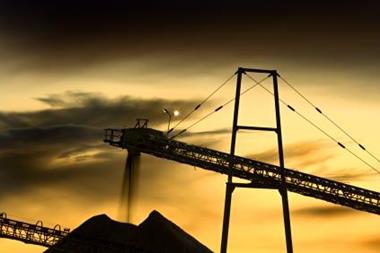
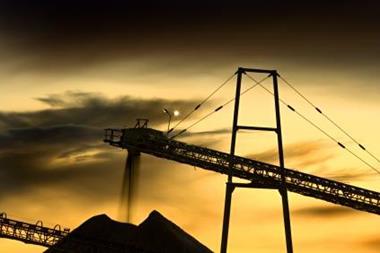
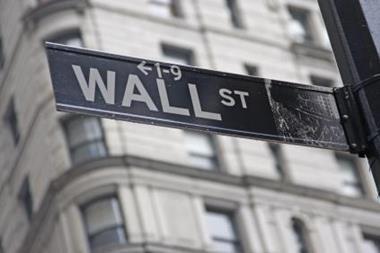
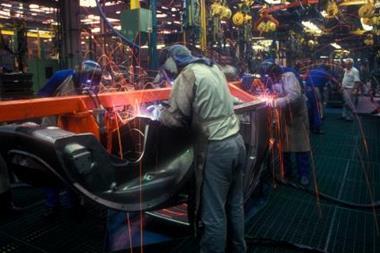
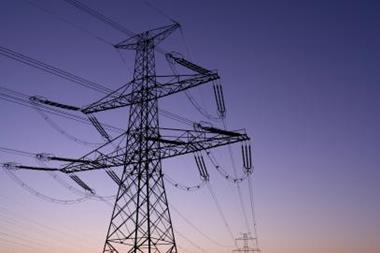










No comments yet